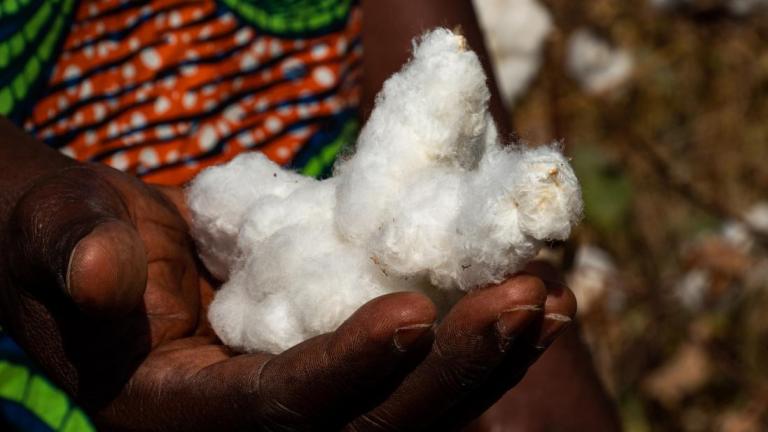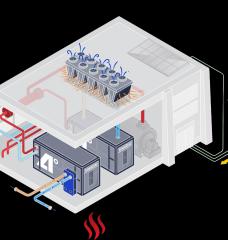
Technology adoption often requires investments over time. As farmers realize new information about the costs and benefits of investments, they may abandon the newly adopted technology shortly after. Researchers partnered with the non-governmental organization Shared Value Africa and Dunavant Cotton Ltd to investigate the effects of subsidies and follow-through rewards on the adoption of an agroforestry tree species. Researchers show that agricultural technology subsidies had some effect on the take-up of the technology but did not ensure that adoption was followed through with, while rewards for follow-through had a positive effect on adoption one year later. When adopters experience uncertainty around how and when a new technology will benefit them and ongoing costs to maintain the investment, rewards for follow-through may be more effective than take-up subsidies.






